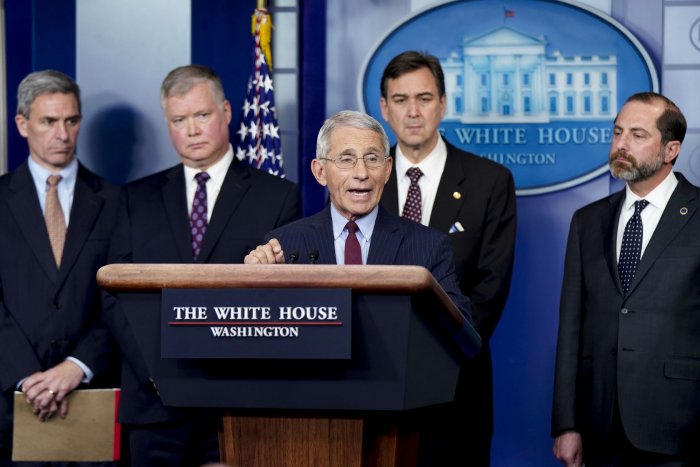People are shown lining up to receive food donations Tuesday in the Paraisopolis favela in Sao Paulo, Brazil. Photo by Fernando Bizerra/EPA-EFE
March 27 (UPI) -- COVID-19 cases have surged in Brazil, especially among young people, amid the spread of a more contagious variant known as P.1.
The majority of new COVID-19 infections in Brazil are now caused by the new variant, and doctors are seeing more cases in younger people, The Wall Street Journal reported.
Overall, Brazil reported a record high of 3,650 new deaths Friday, a day after hitting a record 100,158 new cases confirmed in a single day, according to Johns Hopkins University Coronavirus Resource Center data.
"We're in the trenches here, fighting a war," Andreia Cruz, age 42, an emergency-ward nurse in the southern city of Porto Alegre told the Journal.
Nearly 5,000 people have died from the coronavirus in the surrounding state of Rio Grande do Sul in the past three weeks, which is more than in the final three months of last year, according to the newspaper.
Across the country, among those ages 30-39, about 2,030 Brazilians died from COVID-19 so far this month, which is more than double the number reported in January, Bloomberg reported, citing government data. Deaths have also risen for those in their 40s, with 4,150 COVID-19 deaths in March, up from 1,823 in January. Among those aged 20-29, deaths rose to 505 from 242.
Brazil is also the only country besides the United States that has surpassed more than 300,000 deaths since the COVID-19 pandemic began.
More than 12 million cases have been reported in Brazil to date, also trailing only the United States, which has more than 30 million cases, according to Johns Hopkins.
The Wall Street Journal reported earlier this month that the rate of new daily cases in Brazil was rising while the rate in the United States was plunging due to more vaccination.
In Brazil, 7% of the population has received a first dose of a COVID-19 vaccine compared to more than 27% of the U.S. population, Bloomberg's COVID-19 Vaccine Tracker shows.
Brazilian President Jair Bolsonaro said in a televised address Tuesday that 2021 would be the "year of the vaccine," CNN reported.
Brazil's neighbor, Argentina, where 6.3% of the population has received a first dose of COVID-19, has delayed administration of a second dose, in an effort to vaccinate "the largest number of people" with the first dose, the government said in statement Friday.
Starting Saturday, Argentina will cancel direct flights with Brazil, Chile and Mexico to block the spread of new variants, The New York Times reported.
Argentina has reported more than 2 million cases and more than 55,000 deaths since the pandemic began, according to the global tracker.
European nations had delayed administering the AstraZeneca COVID-19 vaccine over concerns about blood clotting, but vaccinations recently resumed after European and British drug regulators found the benefits outweigh the risks.
On Friday, the European Union's vaccinations program received more momentum from the European Medicines Agency, which new AstraZeneca, Pfizer-BioNTech and Moderna vaccine production sites.
The agency approved manufacturing sites in Germany, the Netherlands and Switzerland and loosened restrictions regarding Pfizer storage at freezing temperatures, according to a statement.
Worldwide, COVID-19 has infected more than 126 million people and killed over 2.7 million people.
January 31, 2020
National Institutes of Health official Dr. Anthony Fauci (C) speaks about the coronavirus during a press briefing at the White House in Washington, D.C. Health and Human Services Secretary Alexander Azar (L) announced that the United States is declaring the virus a public health emergency and issued a federal quarantine order of 14 days for 195 Americans. Photo by Leigh Vogel/UPI |
License Photo
















